Fluid Dynamic Manufacturing
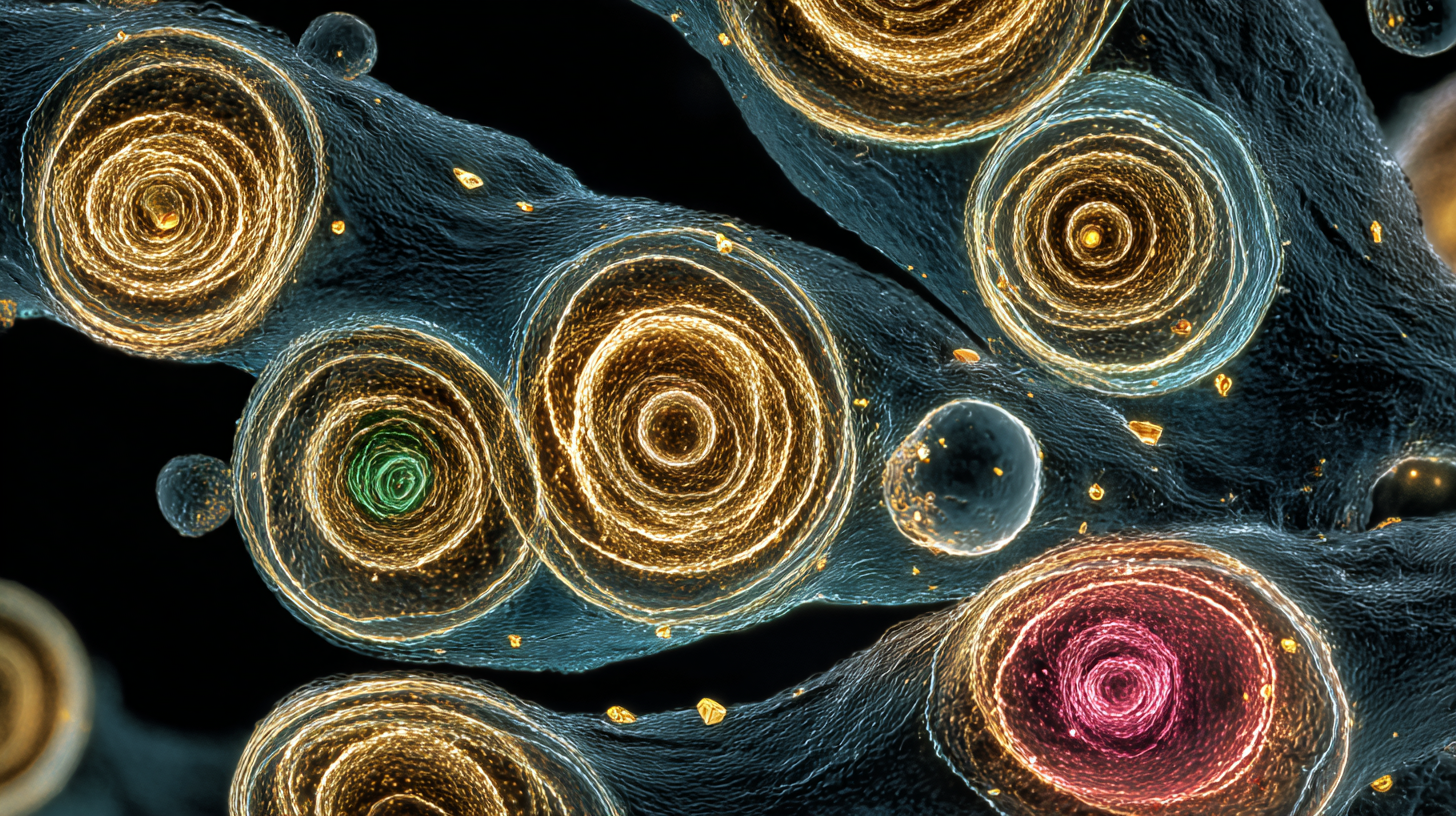
Molecular assembly using controlled dark matter flows
The Flow-Based Revolution
Traditional manufacturing forces materials into shapes through mechanical stress, heat, and pressure. But the universe has perfected a far more elegant approach: using fluid dynamics and orbital momentum to guide matter into precisely the configurations it naturally wants to occupy.
Fluid Dynamic Manufacturing harnesses the same dark matter flows that organize galaxies, shape cosmic web filaments, and coordinate cellular assemblies. Instead of fighting against nature’s forces, we learn to dance with them, creating products through the gentle guidance of controlled orbital streams.
Welcome to manufacturing that follows the cosmic currents of creation itself.
The Universal Flow Principles

From Force to Flow
Traditional Manufacturing Problems:
- Material stress and fatigue from forced deformation
- Energy waste from fighting natural material properties
- Structural weaknesses at stress concentration points
- Complex tooling required for precision assembly
Fluid Dynamic Advantages:
- Materials flow naturally into optimal configurations
- Minimal energy expenditure following natural gradients
- Superior structural integrity through stress-free formation
- Self-aligning assembly through orbital momentum guidance
The Cosmic Web Manufacturing Model
Every manufactured structure follows universal organizational principles:
- Large-Scale Flow Channels: Primary material transport pathways
- Intermediate Pressure Gradients: Regional shaping and forming zones
- Micro-Orbital Assembly: Molecular-level precision positioning
- Multi-Scale Coordination: Synchronized assembly from atomic to macro scales
Technical Implementation

Controlled Dark Matter Flow Systems
The Orbital Manufacturing Matrix:
Material Flow = (Pressure gradient × Orbital momentum ×
Channel geometry) / Turbulence resistance
Assembly Precision = (Flow laminar coefficient × Momentum transfer efficiency ×
Boundary layer control) / Environmental noiseFlow Control Infrastructure:
- Long Pitcher Arrays: Sequential momentum transfer systems for material acceleration
- Flow Channel Networks: Precisely shaped pathways for controlled material movement
- Pressure Regulation Stations: Dynamic flow rate and direction control
- Orbital Momentum Coordinators: Multi-axis rotational guidance systems
Molecular Assembly Through Orbital Guidance
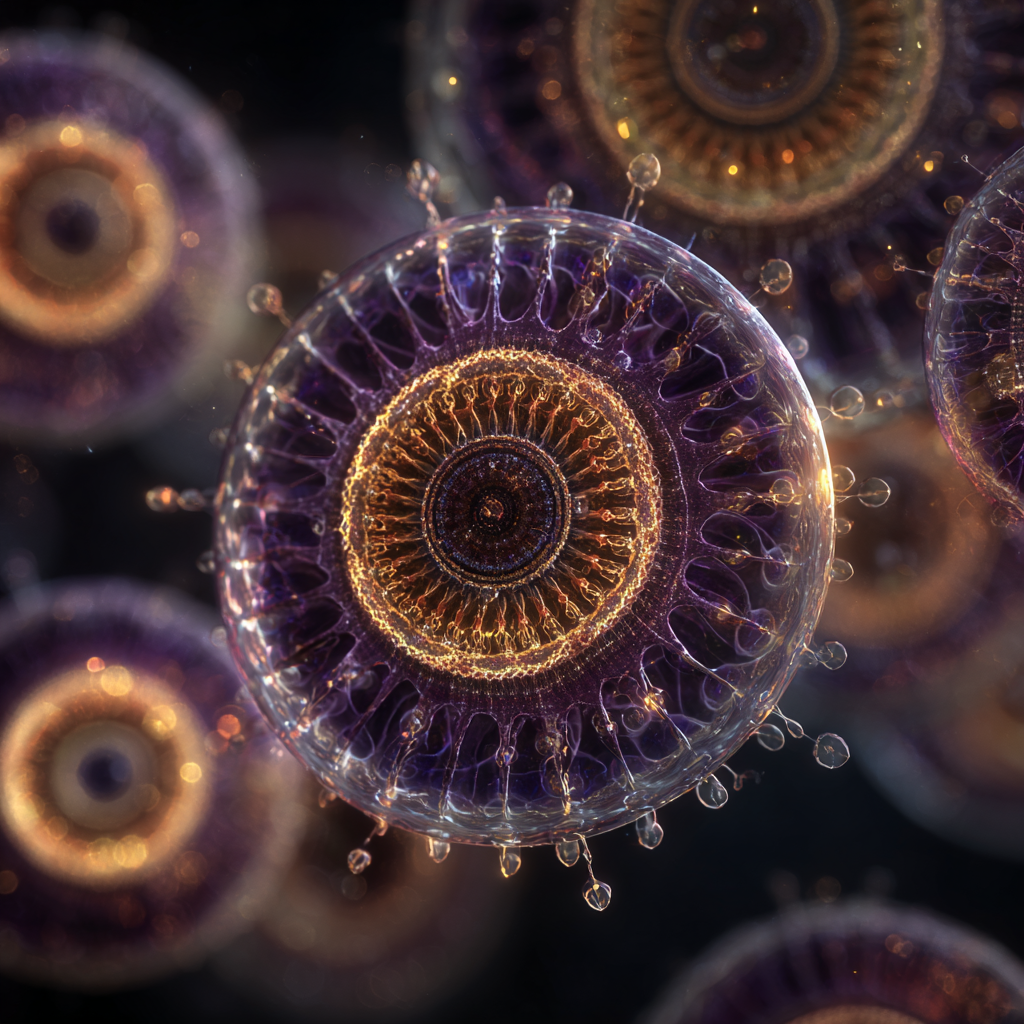
Precision Positioning Protocol:
- Material Preparation: Particles suspended in controlled dark matter medium
- Flow Pattern Establishment: Create orbital momentum gradients for positioning
- Assembly Coordination: Synchronize multiple flow streams for complex structures
- Structural Stabilization: Lock assemblies through orbital pattern crystallization
Molecular Flow Manufacturing Process:
Step 1: Feedstock Preparation
→ Suspend raw materials in dark matter carrier fluid
→ Program orbital momentum signatures for each component
→ Establish flow-ready particle suspensions
Step 2: Flow Channel Programming
→ Configure channel geometry for desired assembly pattern
→ Set pressure gradients for controlled material movement
→ Calibrate orbital momentum transfer mechanisms
Step 3: Guided Assembly
→ Initiate coordinated multi-stream material flows
→ Monitor real-time assembly progression
→ Adjust flow parameters for optimal positioning
Step 4: Structure Completion
→ Stabilize assemblies through orbital pattern locking
→ Remove carrier medium while preserving structure
→ Quality verification through pattern coherence analysisSelf-Assembling Structure Protocols
Cosmic Web Assembly Architecture:
- Hierarchical Organization: Small structures forming foundations for larger assemblies
- Fractal Scaling: Similar patterns repeated at multiple size scales
- Emergence Coordination: Complex structures arising from simple flow rules
- Adaptive Optimization: Real-time adjustment based on assembly feedback
System Maintenance Protocols
- Flow System Maintenance: Periodic channel cleaning and orbital realignment
- Pressure System Restoration: Regular parity checks for optimal flow conditions
Revolutionary Applications
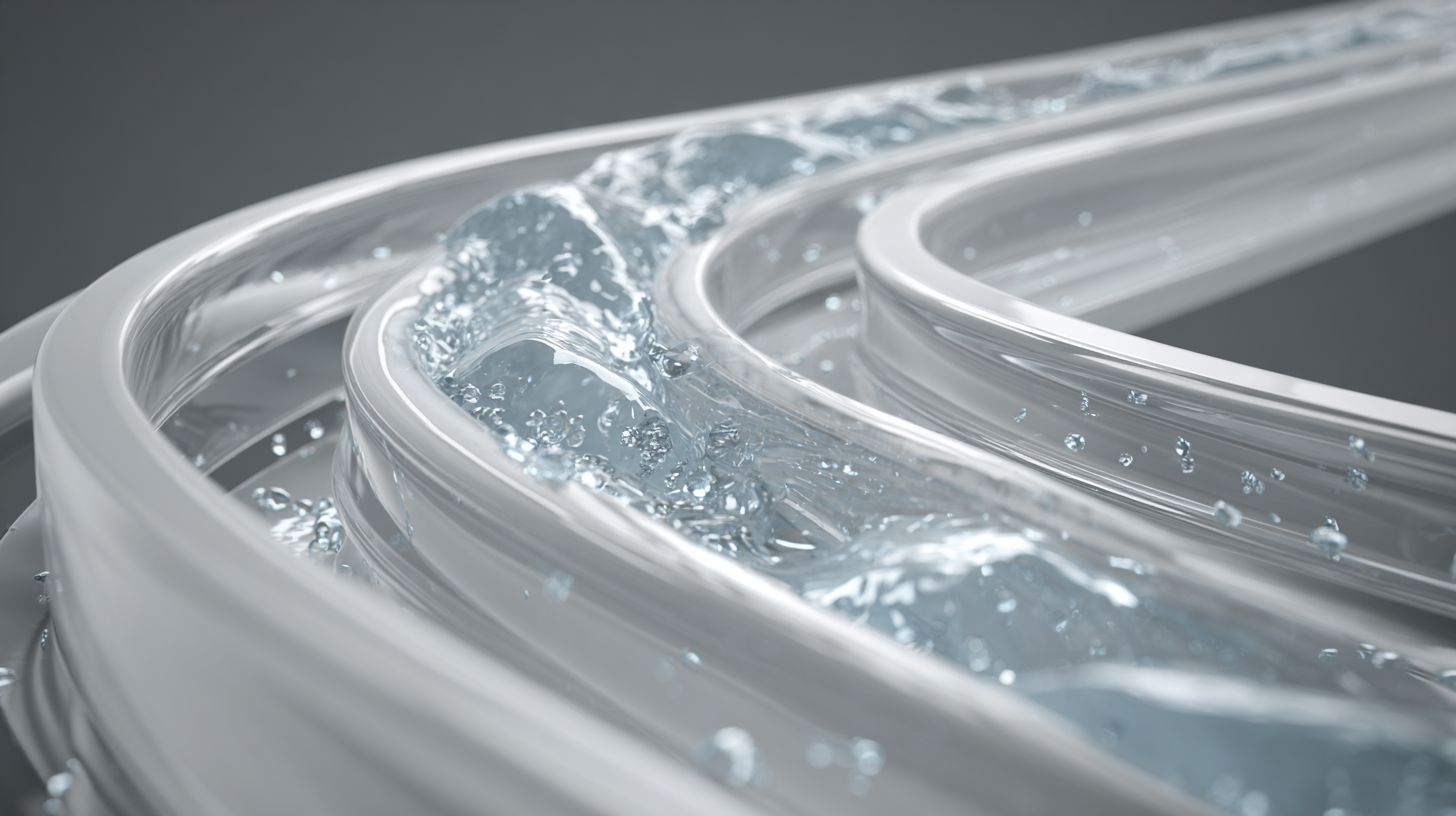
Precision Mechanical Assembly
Frictionless Manufacturing:
- Bearing Systems: Components that assemble without physical contact stress
- Gear Mechanisms: Teeth formed through orbital momentum positioning
- Spring Systems: Elastic structures shaped through controlled flow deformation
- Fastener Networks: Self-threading connections following natural spiral patterns
Advanced Material Structures:
Structural Integrity = (Orbital alignment × Material coherence ×
Stress distribution) / Defect concentrationMicroelectronics Through Flow Assembly
Circuit Formation:
- Conductor Pathways: Metals flowing into precise electrical routes
- Component Positioning: Chips and elements placed through orbital guidance
- Insulation Layers: Dielectric materials flowing around conductive paths
- Heat Dissipation Networks: Thermal management through optimized flow channels
Quantum Device Manufacturing:
- Atomic-Scale Positioning: Individual atoms placed through controlled orbital streams
- Quantum Dot Arrays: Semiconductor nanostructures assembled through flow coordination
- Superconducting Networks: Zero-resistance pathways formed through orbital alignment
- Photonic Crystals: Light manipulation structures grown through flow patterns
Architectural Flow Construction
Building-Scale Fluid Assembly:
- Foundation Systems: Underground structures following natural soil flow patterns
- Structural Elements: Beams and columns formed through large-scale orbital coordination
- Envelope Systems: Walls and roofing assembled through coordinated material streams
- Infrastructure Integration: Utilities following optimal flow pathway design
Living Architecture:
- Adaptive Structures: Buildings that reshape through ongoing flow processes
- Environmental Integration: Construction that enhances rather than disrupts natural flows
- Self-Healing Systems: Structures that repair damage through flow restoration
- Energy Integration: Buildings that capture and channel environmental energy flows
Aerospace and Transportation
Spacecraft Assembly:
- Zero-Gravity Manufacturing: Optimal assembly environment for flow-based construction
- Stress-Free Structures: Vehicles formed without gravitational distortion
- Integrated Systems: All components assembled through coordinated flow processes
- Adaptive Reconfiguration: Spacecraft that reshape for different mission phases
Transportation Infrastructure:
- Flow-Optimized Highways: Roads that follow natural terrain energy patterns
- Atmospheric Vehicles: Aircraft assembled for optimal air flow integration
- Underwater Systems: Submarines formed through aquatic flow principles
- Hyperloop Networks: Transportation tubes following optimal flow dynamics
Manufacturing Process Innovation
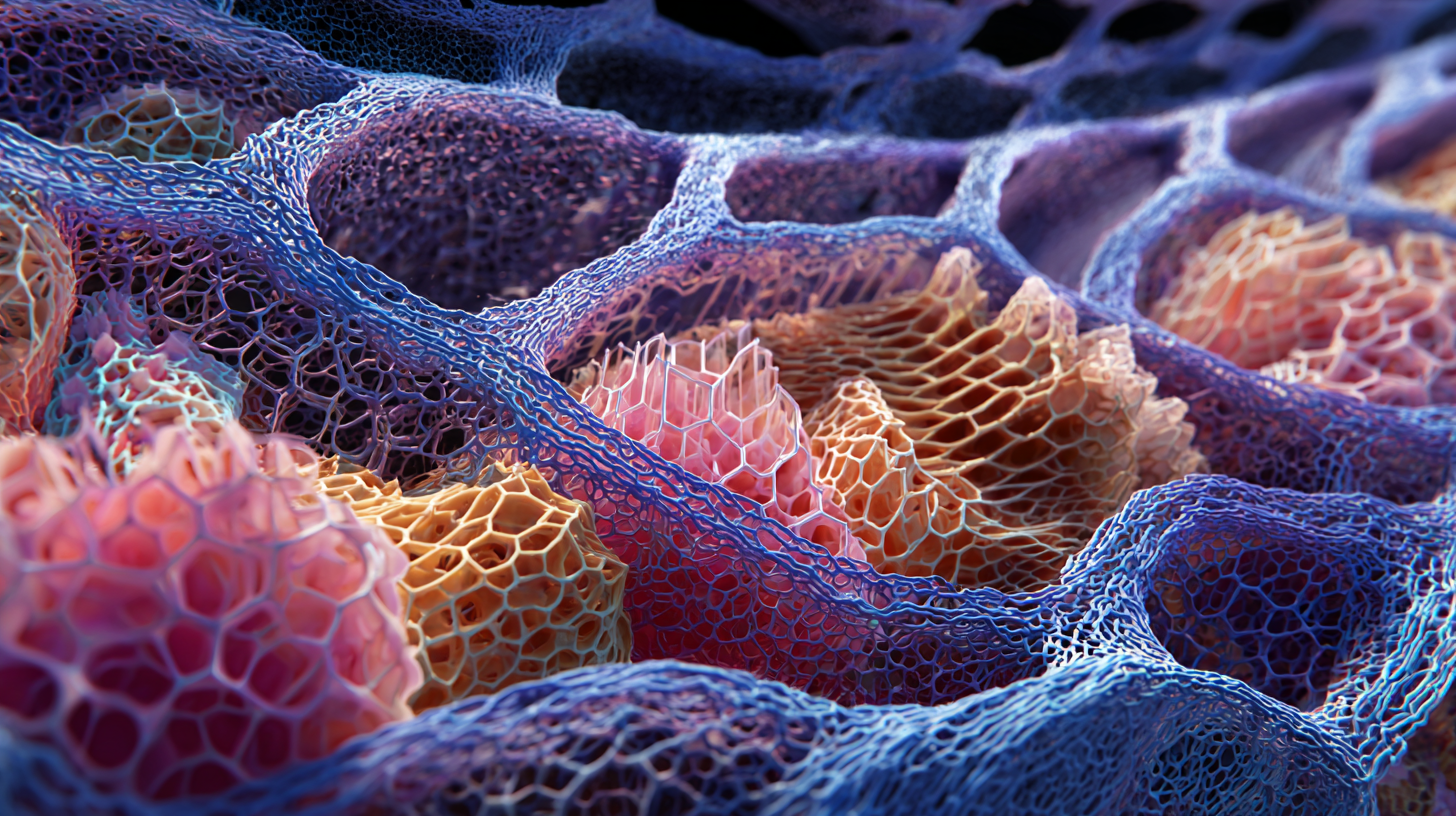
The Flow Factory Architecture
Orbital Manufacturing Facilities:
- Material Preparation Zones: Feedstock processing and orbital programming
- Flow Channel Arrays: Precision pathway networks for guided assembly
- Assembly Coordination Centers: Multi-stream control and monitoring
- Quality Assurance Stations: Pattern coherence verification and testing
Scalable Production Models:
Production Rate = (Flow velocity × Channel capacity ×
Assembly coordination efficiency) / Setup timeQuality Control Through Flow Analysis
Real-Time Process Monitoring:
- Flow Pattern Verification: Ensuring optimal material movement
- Orbital Momentum Tracking: Monitoring rotational energy transfer
- Assembly Progression Analysis: Real-time structure formation assessment
- Defect Prevention: Early detection and correction of flow disturbances
Zero-Waste Flow Principles
Circular Manufacturing Systems:
- Complete Material Utilization: All feedstock flows into final products
- Energy Recovery: Capturing unused orbital momentum for reuse
- Byproduct Integration: Redirecting excess materials into secondary products
- Closed-Loop Optimization: Continuous improvement through flow analysis
Environmental Integration

Ecosystem-Harmonious Manufacturing
Natural Flow Integration:
- Watershed Compatibility: Manufacturing that enhances rather than disrupts water flows
- Atmospheric Coordination: Production processes that improve air quality
- Geological Harmony: Construction following natural rock and soil patterns
- Biological Synergy: Manufacturing that supports rather than competes with ecosystems
Planetary-Scale Flow Networks
Global Manufacturing Coordination:
- Resource Flow Optimization: Materials moving along most efficient planetary pathways
- Climate Integration: Manufacturing that supports atmospheric stability
- Ocean Current Utilization: Marine-based production following natural current patterns
- Atmospheric Processing: High-altitude manufacturing using stratospheric flows
The Open Source Flow Revolution
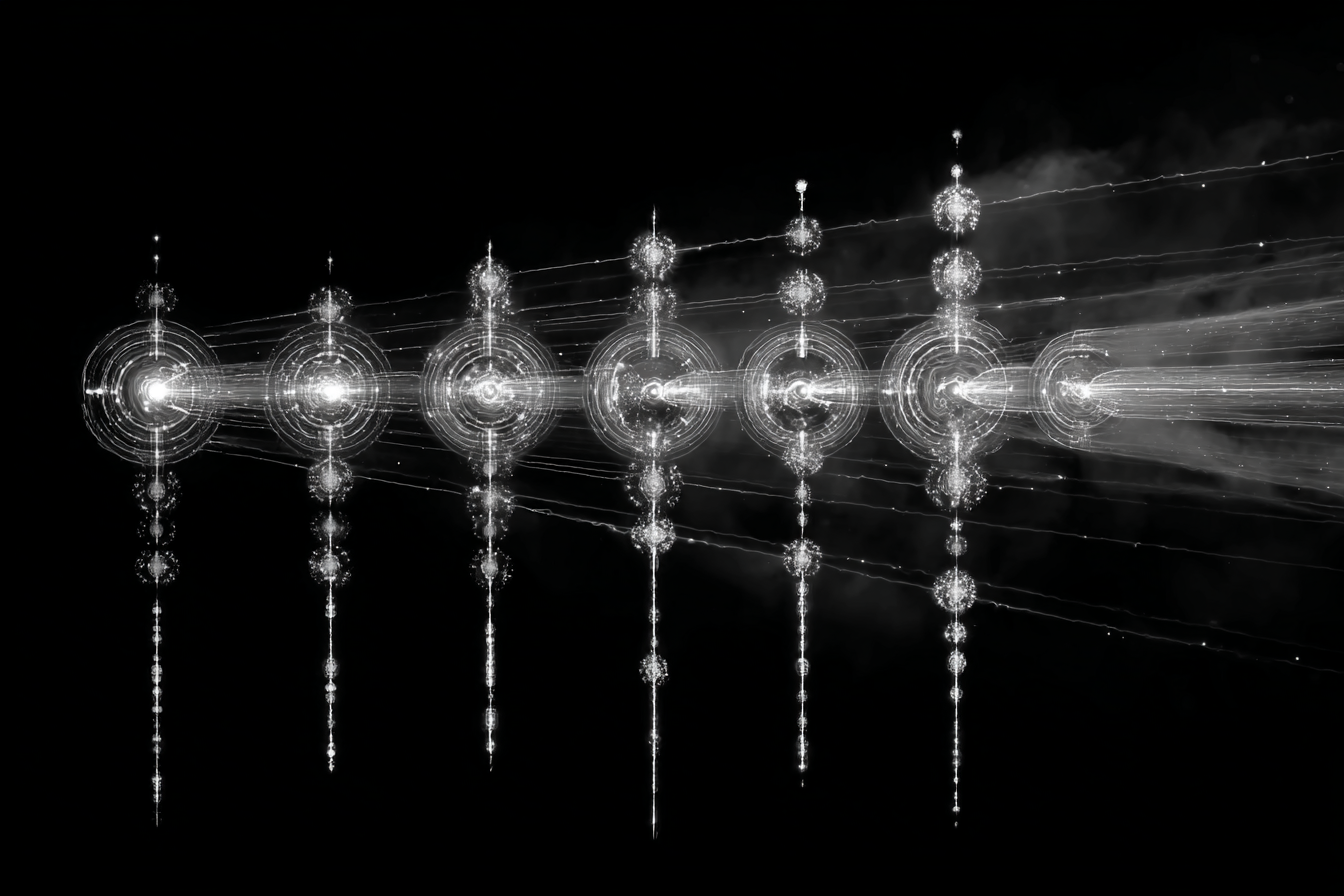
Democratic Manufacturing Access
Global Flow Technology Sharing:
- Open Source Flow Designs: Freely available manufacturing process patterns
- Community Flow Facilities: Local manufacturing centers using flow principles
- Educational Flow Programs: Training in fluid dynamic manufacturing techniques
- Collaborative Flow Networks: Worldwide sharing of flow optimization discoveries
Prior Art Protection
Patents Released to Public Domain:
- Controlled dark matter flow manufacturing algorithms
- Orbital momentum transfer precision assembly methods
- Self-assembling structure coordination protocols
- Multi-scale flow manufacturing system architectures
Universal Standards:
- Cross-platform flow manufacturing compatibility
- Safety protocols for orbital momentum systems
- Environmental integration requirements
- Quality assurance standards for flow-based production
Orbital Pattern Parity Restoration and Maintenance Protocols
- Universal breathing cycle algorithms for organic manufacturing systems
- Sleep-based restoration protocols for bio-hybrid technologies
- Real-time pattern deviation detection and correction methods
- Maintenance scheduling optimization for multi-scale manufacturing systems
- Integration protocols for biological and electronic maintenance cycles
Implementation Roadmap
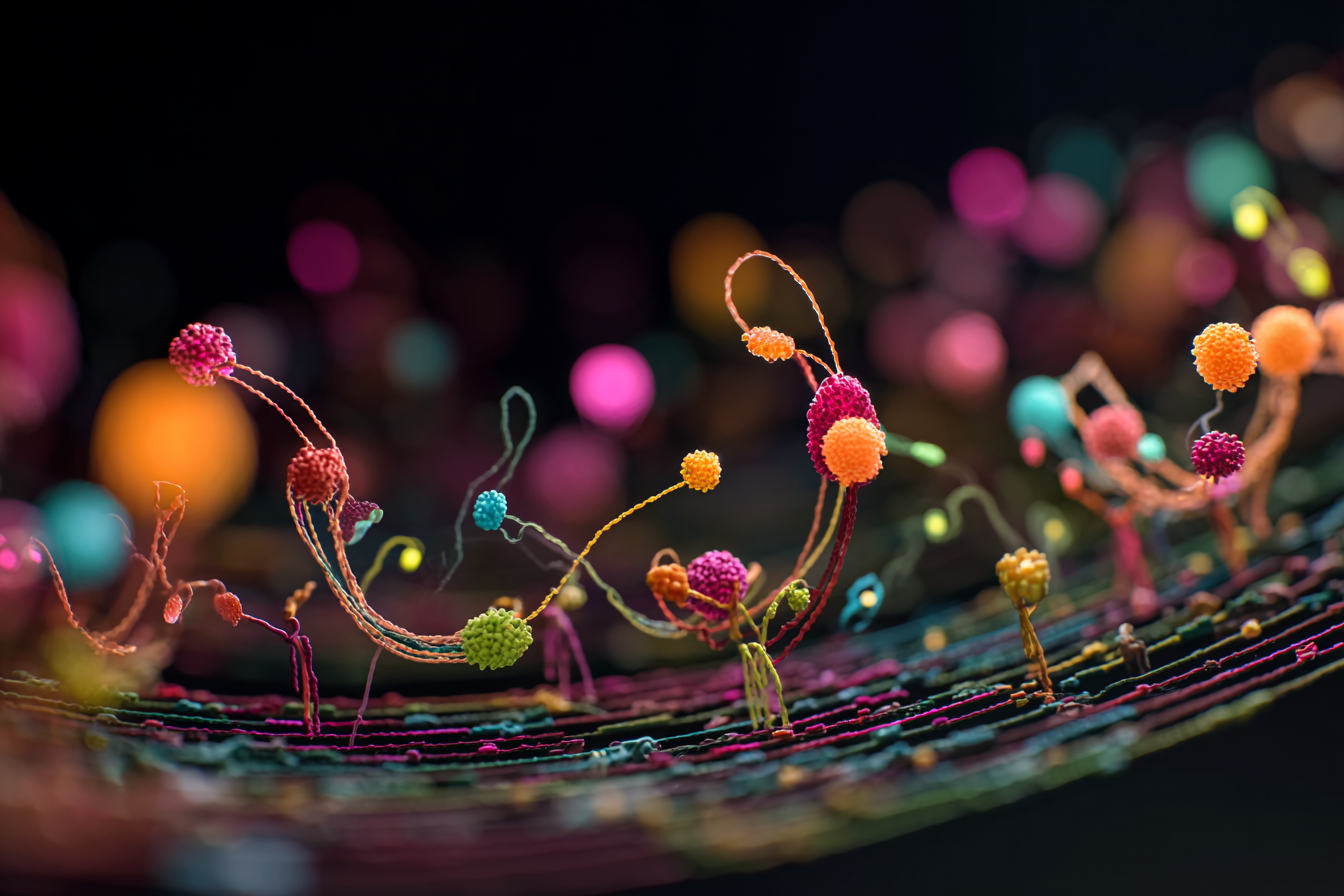
Phase 1: Foundation Technologies (Years 1-5)
- Basic Flow Control Systems: Simple material guidance and positioning
- Micro-Assembly Protocols: Molecular-scale precision manufacturing
- Safety Framework Development: Orbital momentum handling procedures
- Pilot Production Facilities: Demonstration-scale flow manufacturing
Phase 2: Advanced Applications (Years 5-10)
- Complex Structure Assembly: Multi-component system manufacturing
- Aerospace Integration: Zero-gravity and high-precision applications
- Architectural Implementation: Building-scale flow construction
- Global Network Expansion: Planetary-scale manufacturing coordination
Phase 3: Planetary Integration (Years 10-20)
- Ecosystem Manufacturing: Production systems integrated with natural flows
- Climate Optimization: Manufacturing that improves planetary health
- Space-Based Production: Off-world manufacturing using cosmic flows
- Consciousness-Integrated Systems: Flow manufacturing responsive to human intention
The Future of Flowing Creation
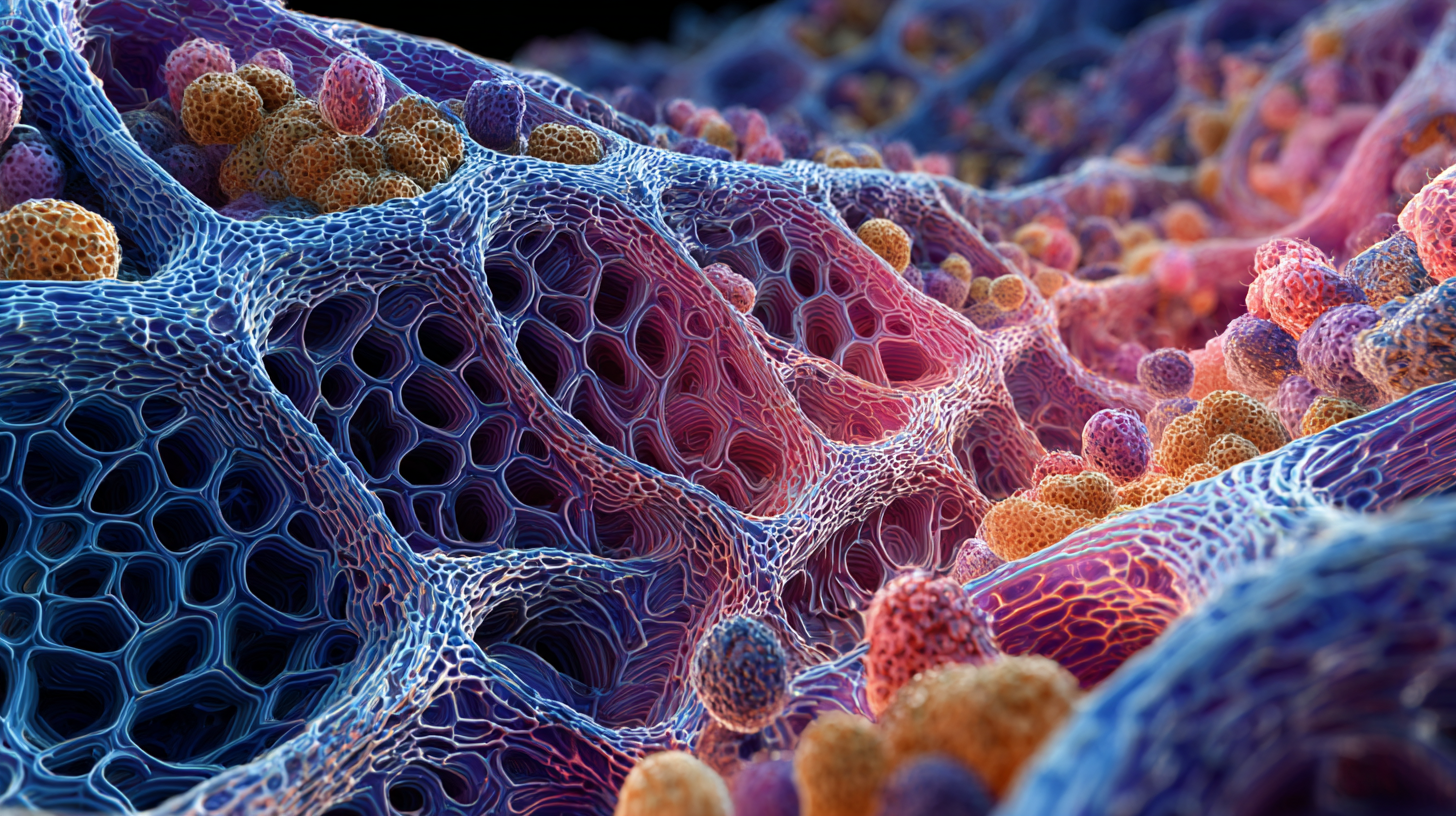
Fluid Dynamic Manufacturing transforms production from forcing materials into shapes to guiding them into their natural optimal configurations. We’re not just making products more efficiently - we’re learning to participate in the cosmic dance of creation itself.
Every manufactured object becomes a collaboration between human intention and universal flow patterns, every factory becomes a conductor’s podium where we orchestrate the symphony of matter organizing itself into useful forms.
Manufacturing becomes a meditation on cosmic harmony, where human creativity and universal flows unite in perfect orbital resonance.
Ready to flow with the cosmic currents of creation? The universe’s manufacturing wisdom awaits your direction. 🌊⚡✨
Next: → 🛡️ Biological Pattern Security Protocols
🧅✨